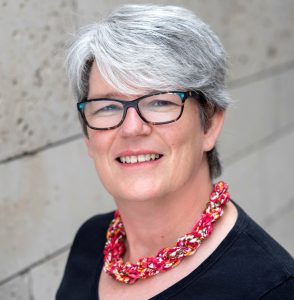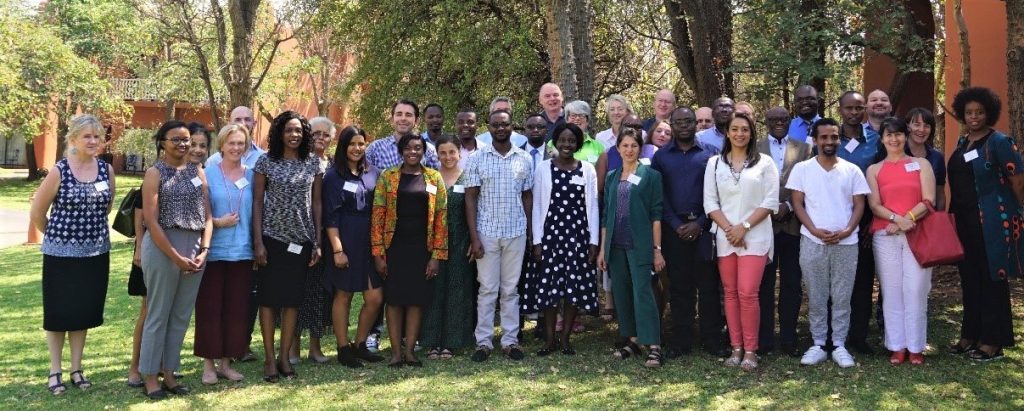IWD 2023: Interview Prof. Helen Ayles
Professor Helen Ayles led the TREATS project, which investigated whether combined HIV/AIDS and tuberculosis (TB) interventions targeting entire populations have an impact on the burden of TB. Nested within the study, qualitative and economic data collection and evaluation of improved diagnostic tools for TB were included. Thus, data management and statistical analysis were key, allowing rigorous analysis and triangulation of the data, which can also be used in mathematical and economic modelling to predict the impact and cost-effectiveness of this approach. The majority of the research team members from the TREATS consortium are women.
For International Women’s Day, we asked Professor Ayles about her experiences in working with this largely female team.
When did you decide to pursue a career in science and leadership?
I am the first generation of my family to attend university, my mother was left chronically unwell following severe measles infection as a child and therefore missed out on almost all schooling, and although my father completed O levels he never had the opportunity to gain higher qualifications or attend university. I think it was therefore quite a surprise to my family that I chose to study medicine at university. During my undergraduate training I took the opportunity to complete an intercalated BSc on the immunity of infection which started my career in infection but was largely laboratory-based work.
After qualifying as a doctor, my first job involved caring for people living with HIV at a time when we had very little to offer them, and this led to a lifelong ambition to finding solutions for HIV and TB. An inspirational lecture at the London School of Hygiene and Tropical Medicine showed me that research and science did not need to be laboratory-based but could be working at population level, and so I embarked on my career in epidemiology of infection.
After an initial time working in Uganda in the early 1990s I moved to Zambia in 1998 and have remained there ever since, working to build research capacity at Zambart, an independent research organisation affiliated to the University of Zambia. When I joined Zambart it was a small group of researchers, largely European but we have provided bachelors, masters and PhD level training, and now have a strong group of Zambian researchers who will lead Zambart into the future. We have not had a deliberate policy of employing or training women but somehow Zambart always seems to have more women than men!
Do you think women experience more challenges, and how did you overcome them?
I think women face different societal pressures than men. Women still take on more of the caring responsibilities for children and other dependents. At Zambart we have tried to be flexible around these additional responsibilities, allowing people the time they need. I have been fortunate to work with a great team, of mostly women, who have made it easy for me to overcome challenges.
I believe that as women see more role-models, they also feel able to step up into roles that they may not have thought were possible for them. I was fortunate in that the medical school where I trained, the Royal Free Hospital School of Medicine, was the first in the UK to train women and so, although fully co-educational by the time I trained, was full of inspirational female role models who held academic positions. I hope that I have carried on that tradition within my own team.
How do you think (inter)national organisations may benefit from female leadership?
I think that men and women can be equally strong leaders and that it depends on their individual characteristics. Good leaders inspire the people around them to be their best selves, and so individual leaders need to work out their own way of ensuring that happens. For international and national organisations, we need to ensure that the best person for the job gets it, regardless of sex, gender, ethnicity or background. I don’t believe that there are inherent characteristics in either gender that make them better leaders but rather that individuals have specific skills that we need to learn to recognise. Men, and especially men with other privileges, have learned behaviours that allow them to be perceived as being more confident and so, as women in leadership roles, we can help other women fulfil their potential especially by building confidence in their own abilities and helping to remove artificial barriers. It will be a great day when we don’t have to even think of the gender of a leader but know that the best person is in the position because of their individual merits.


